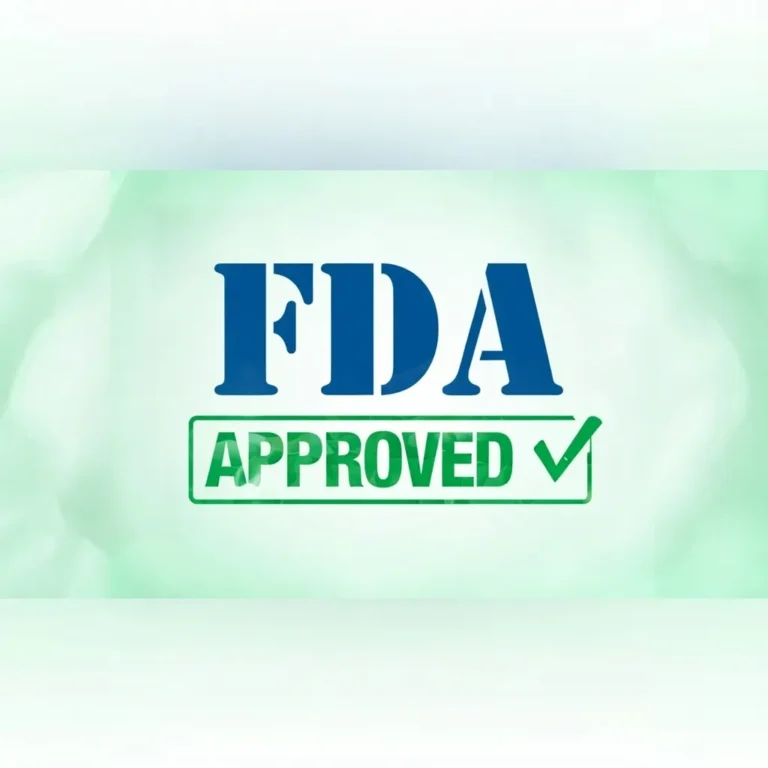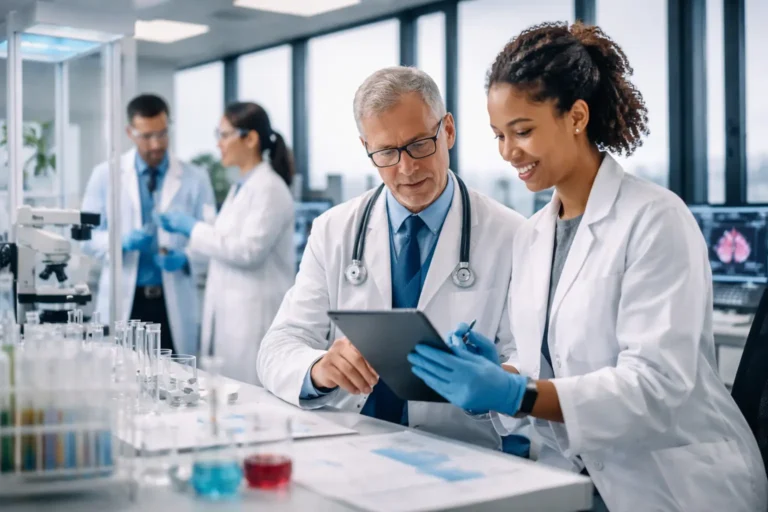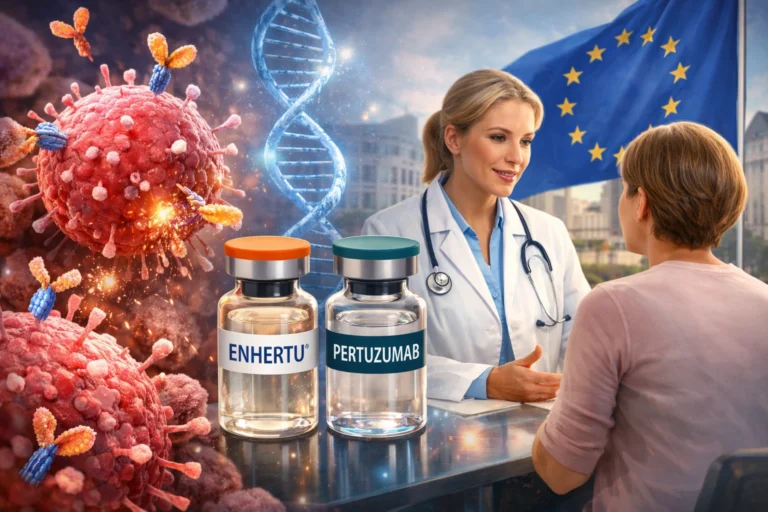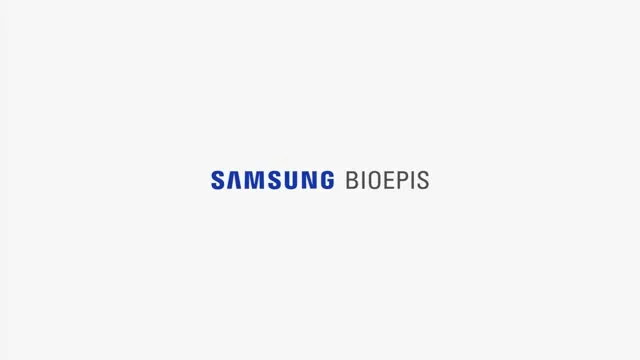
Samsung Bioepis Unveils European Policy Whitepaper to Bridge Gaps Hindering Biosimilar Access and Market Sustainability
Samsung Bioepis Co., Ltd. has published a comprehensive whitepaper titled “Solving the Biosimilar Void in Europe,” aiming to drive reform in biosimilar policy frameworks across the European Union. With biosimilars playing a central role in improving healthcare affordability, Samsung Bioepis is urging governments, regulators, and healthcare stakeholders to reevaluate policy structures that hinder healthy competition, delay access to treatment, and threaten long-term market sustainability.
The whitepaper arrives at a critical time, as Europe faces mounting healthcare budget pressures, evolving therapeutic needs, and aging populations that increasingly rely on access to biologic medicines. Biosimilars—highly similar versions of original biologic drugs—have been instrumental in easing the economic burden on public health systems. According to the whitepaper, biosimilars have already delivered an estimated €56 billion in cumulative savings across Europe from 2013 to 2024. Yet despite their proven economic value, the next wave of biologics nearing loss of exclusivity (LoE) is unlikely to encounter sufficient biosimilar competition due to an array of structural and regulatory barriers.
“Post-launch challenges are increasingly making biosimilar development an unattractive proposition,” the company warned. “Without meaningful reforms, many biologic drugs may never see biosimilar versions, denying patients access to affordable options and undermining healthcare system resilience.”
Key Policy Recommendations to Bridge the Biosimilar Gap
Samsung Bioepis outlines several policy domains where targeted reforms could dramatically improve biosimilar uptake, encourage market participation, and preserve long-term competition:
1. Tailoring Health Technology Assessment (HTA) Processes to Biosimilars
Health Technology Assessment (HTA) serves as a critical gateway in the reimbursement and adoption of new health technologies across Europe. Traditionally developed for innovative medicines, HTA evaluates treatments based on clinical, economic, and social dimensions. However, for biosimilars, many countries adopt oversimplified approaches—often limiting HTA to price comparisons with originator drugs without considering biosimilars’ broader benefits or the reimbursement status of the reference product.
The Samsung Bioepis whitepaper argues that while HTA remains relevant for biosimilars, it must evolve to capture the nuanced value biosimilars provide—such as expanded access, supply chain diversity, and cost offsets that enable investment in other therapeutic areas. The report advocates for HTA methodologies that are streamlined, scientifically robust, and tailored to expedite biosimilar entry without compromising evaluation quality.
A more fit-for-purpose HTA model could accelerate time-to-market, especially for biosimilars that offer significant public health value or are intended for disease areas with unmet medical needs.
2. Reforming Price and Reimbursement (P&R) Mechanisms to Promote Healthy Competition
One of the most pressing concerns highlighted in the whitepaper is the current pricing architecture in Europe, which tends to emphasize immediate price suppression over long-term market viability. The report reveals that 12 out of 28 European countries still rely on external reference pricing (ERP), while 17 mandate pre-set discounts for biosimilars—averaging 28% lower than the price of the reference product.
These mechanisms, while intended to generate short-term savings, often result in unsustainable price erosion. By driving prices too low, they inadvertently deter manufacturers from entering or remaining in the biosimilar market. In many cases, biosimilar developers cannot recover their high R&D and manufacturing costs, leading to reduced competition, product withdrawals, and even drug shortages.
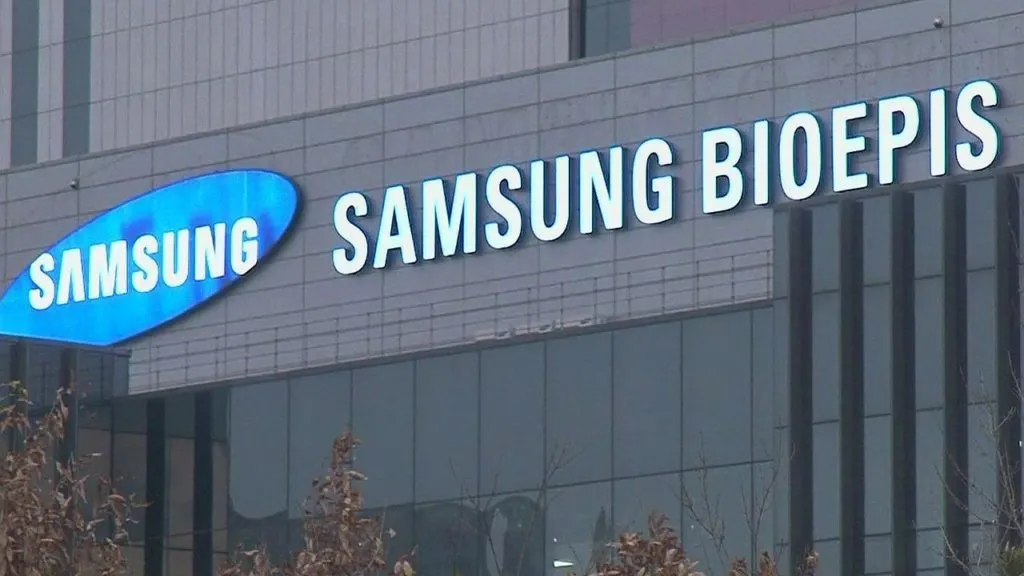
Samsung Bioepis recommends shifting away from rigid, discount-driven pricing policies. Instead, a competitive market model where prices are determined through natural competition—rather than arbitrary controls—could foster more stable pricing dynamics and encourage broader participation. This approach would allow biosimilar discounts to reflect actual market conditions, therapeutic value, and supply chain robustness.
3. Redesigning Tender Systems to Reward Quality and Supply Reliability
Tenders are a common procurement tool for biosimilars across Europe, particularly within national or regional health systems. However, Samsung Bioepis cautions that current tender practices are heavily biased toward single-winner systems that prioritize the lowest price, often ignoring crucial qualitative aspects such as manufacturing quality, supply reliability, and delivery logistics.
Single-winner tenders create fragile supply chains and discourage market diversity. They frequently result in product monopolies where a single manufacturer must supply the entire region or country. Any disruptions—such as manufacturing delays or capacity shortfalls—can trigger widespread shortages.
To mitigate these risks, the whitepaper urges health authorities to implement multi-winner tenders that allow multiple qualified suppliers to participate, thereby promoting competition, reducing dependency, and enhancing supply security. Furthermore, tenders should be reopened periodically to allow late entrants to compete, and selection criteria should incorporate factors such as supply chain resilience, environmental sustainability, and quality assurance.
4. Aligning Physician and Pharmacist Incentives to Encourage Biosimilar Use
Uptake of biosimilars is not solely dependent on pricing or procurement. Physician and pharmacist support is essential, as these professionals ultimately prescribe and dispense the medicines. According to Samsung Bioepis, incentives for healthcare providers remain inconsistent across Europe. In some countries, policies unintentionally disincentivize biosimilar use or impose restrictive switching mandates that undermine clinician autonomy.
The whitepaper emphasizes that biosimilar adoption should be grounded in shared decision-making between physicians and patients. Policies should avoid automatic substitution without medical oversight, especially in sensitive therapeutic areas. Instead, incentive models—such as gainsharing agreements—could reward clinicians and institutions for responsibly transitioning patients to biosimilars while preserving treatment efficacy and patient trust.
In addition, Samsung Bioepis calls for continued investment in biosimilar education. Training programs for healthcare providers and patients can help dispel misconceptions, build confidence, and support the informed use of biosimilars across diverse clinical settings.
Shifting the Narrative: Biosimilars as Strategic Health Assets, Not Just Cost-Saving Tools
As biosimilars become more integral to healthcare delivery, Samsung Bioepis is urging policymakers to reframe how these medicines are viewed. Adam Levysohn, Vice President and Head of Commercial Strategy for Europe at Samsung Bioepis, emphasizes the need for a more holistic, long-term vision.
“Biosimilars are not one-size-fits-all,” said Levysohn. “Establishing a sustainable framework for biosimilars requires a nuanced understanding of their heterogeneous applications across clinical settings. It is vital to tailor solutions that address the unique challenges of each product type, prescribing pattern, and patient population.”
He further stressed that healthcare systems must begin treating biosimilars not merely as cost-reduction tools, but as strategic assets that enhance patient access, ensure supply continuity, and strengthen resilience during crises.
“When policies fail to send clear long-term signals to the market, it becomes difficult for manufacturers to justify future investments,” Levysohn warned. “A forward-looking policy approach must encourage pipeline innovation and ensure that biosimilars can continue contributing to patient care in a sustainable manner.”
Samsung Bioepis: A Leader in Global Biosimilar Development
Founded with a mission to expand patient access to biologic medicines, Samsung Bioepis has emerged as a global leader in biosimilar development. The company has brought 11 biosimilars to approval worldwide, with eight currently available across European markets. Its pipeline spans key therapeutic areas including oncology, immunology, ophthalmology, nephrology, endocrinology, and hematology.
By advocating for evidence-based reforms and engaging closely with policymakers, Samsung Bioepis continues to play an active role in shaping the future of biosimilar adoption in Europe and beyond.
Accessing the Whitepaper
The full whitepaper, Solving the Biosimilar Void in Europe, provides an in-depth analysis of market trends, policy disparities, and actionable recommendations to drive equitable, sustainable biosimilar adoption. Stakeholders across government, industry, and healthcare institutions are encouraged to review the findings and join the conversation on building a more resilient biosimilar ecosystem.



